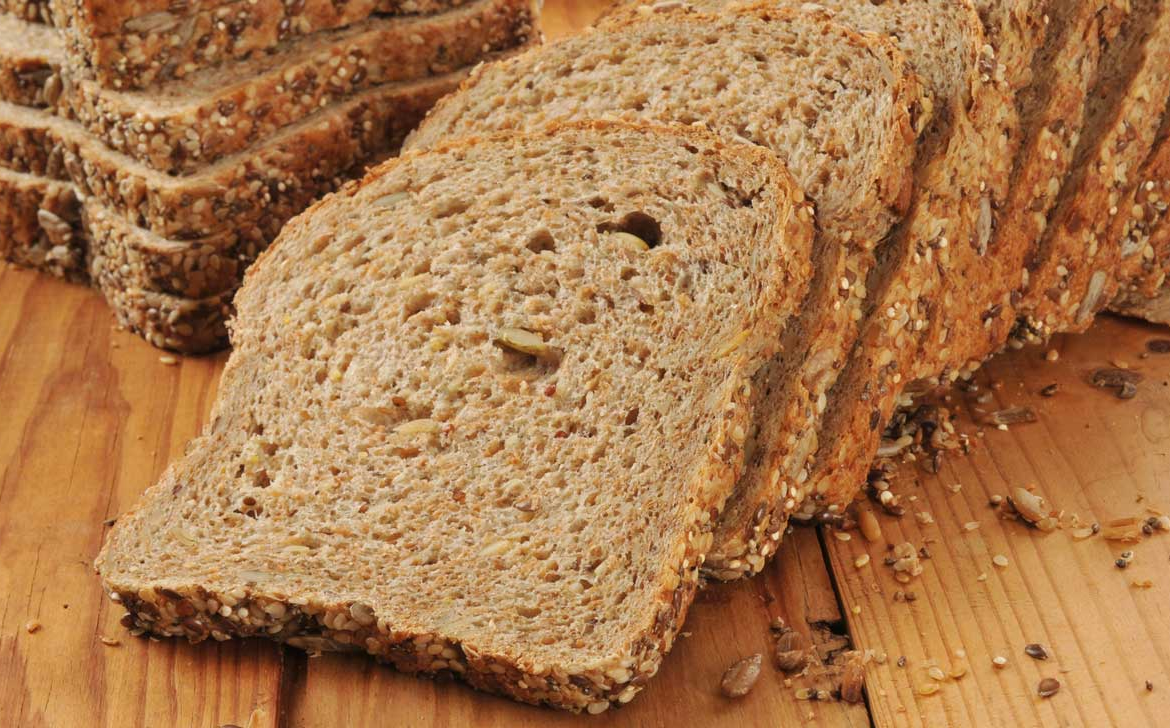Curious about where vegans and vegetarians get their protein? Read on to discover 10 of the top sources of protein for anyone on a plant based diet!
Spirulina
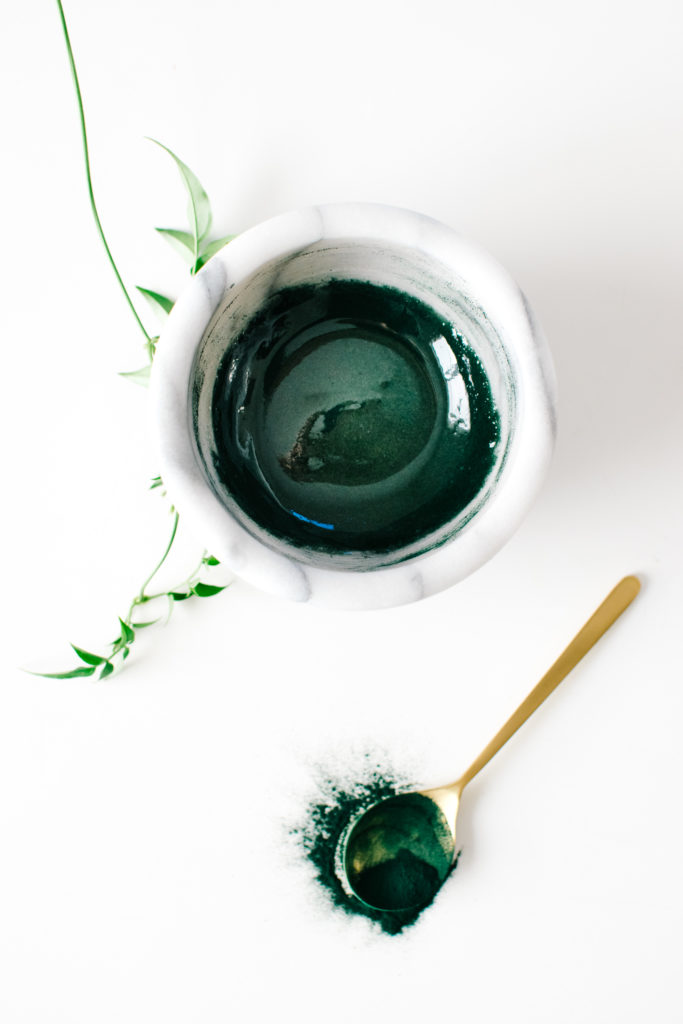
Image Courtesy of Kale and Caramel
Spirulina is a powerhouse when it comes to protein and many other vitamins and minerals. In just two tablespoons of spirulina you’ll get 8 grams of protein, 22% of the daily requirements of iron and thiamin and 42% of the daily requirement of copper. Spirulina has also been linked to boosting your immune system, fighting cancer and it has anti-inflammatory properties.
Chickpeas and Most Varieties of Beans
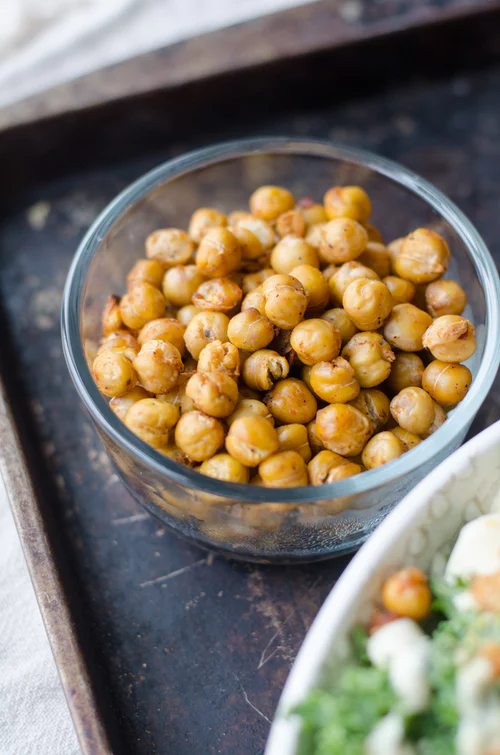
Chickpeas (or garbanzo beans) are high in protein. Kidney beans, pinto beans and black beans are also high in protein. These beans contains about 15 grams of protein per cooked cup. Beans are also an excellent source of iron, fiber, potassium and folate. Adding beans to your plant based diet can also help to lower cholesterol, reduce belly fat and moderate blood pressure.
Nutritional Yeast
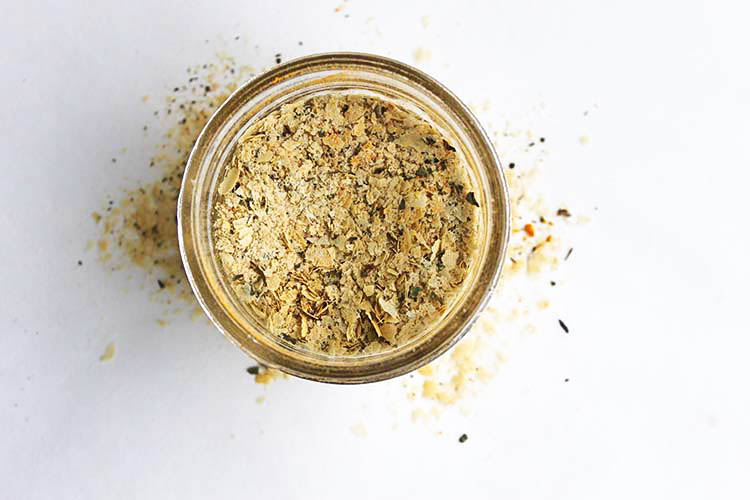
Many vegans and vegetarians are already familiar with the benefits of nutritional yeast. Nutritional yeast is made from saccharomyces cerevisiae yeast. This is a deactivated version of the yeast that is used in bread, beer and wine. Unlike activated yeast (baker’s yeast) this yeast cannot rise. It has a yellow color and a cheesy flavor, making it an excellent, savory option to sprinkle on a number of different dishes. Not only does nutritional yeast offer 14 grams of protein per ounce, it also offers 7 grams of fiber per ounce. It’s also naturally fortified with vitamin B12! This complete protein is a welcome addition to any vegan or vegetarian diet!
Nuts, Nut Butters and Other Seeds

Nuts, nut butters, seeds, and seed butters are amazing sources of protein! Depending on the seed or the nut you can easily receive 5-7 grams of protein per serving! Nuts and seeds also contain healthy fats, magnesium, iron, calcium, vitamin E and certain B vitamins.
Hempseed
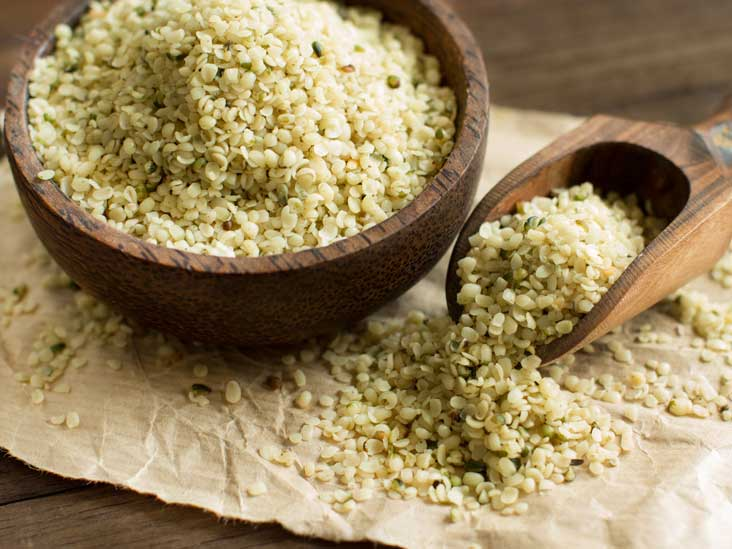
Image Courtesy of Health Line
Hemp seed is a complete protein loaded with zinc, magnesium, selenium and calcium. Hemp seed is praised for its ability to ease certain skin conditions, reducing skin inflammation, and easing symptoms of PMS and menopause. Hemp seed contains 10 grams of protein- which is more than chia seeds and flaxseeds!
Oats and Oatmeal
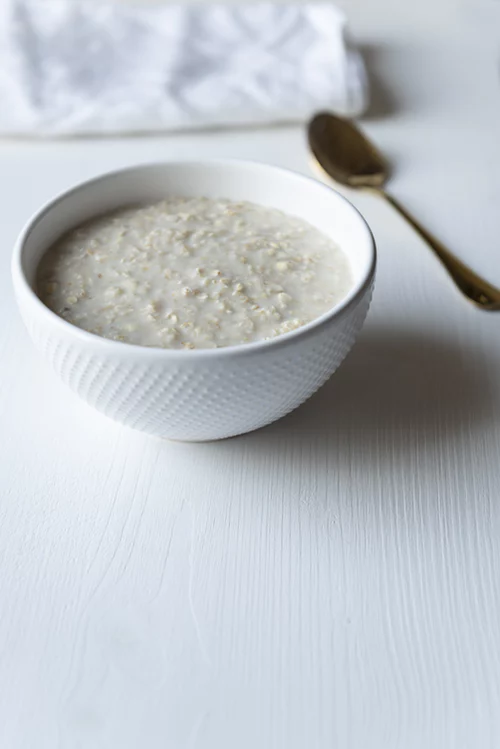
Half a cup of dry oats will supply you with 6 grams of protein! On top of that, a half cup is also loaded with zinc, magnesium and fiber. While oats and oatmeal are not considered a complete protein, it is still a nutrient-dense option for protein. Use oats in smoothies, oatmeal and veggie burgers to add vegan protein to your diet!
Ezekiel Bread
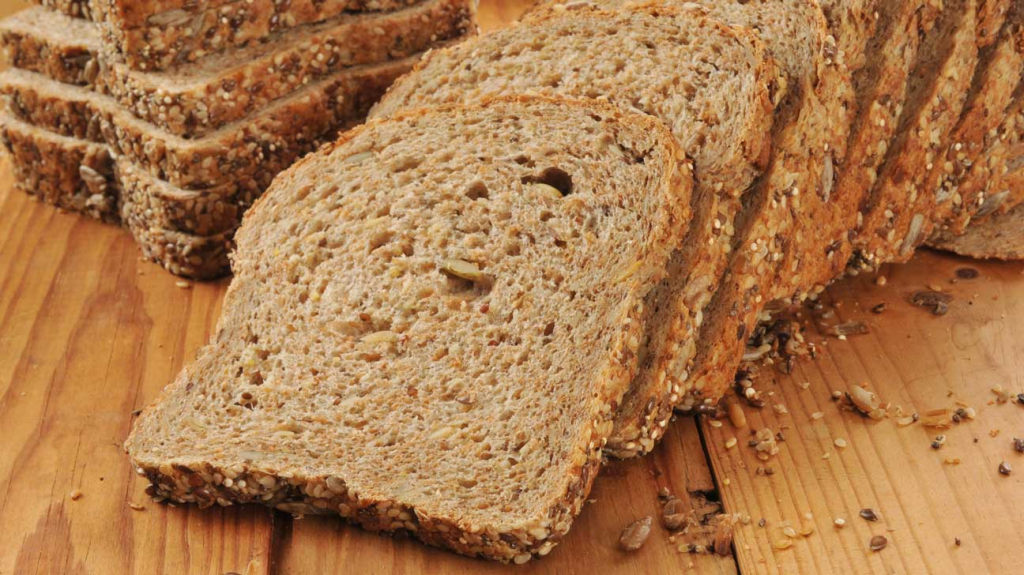
Image Courtesy of Healthline
Made from legumes (soybeans, lentils) and sprouted whole grains (barley, spelt and millet). Two slices of Ezekiel bread contains 8 grams of protein – which is more than the average slice of bread. Ezekiel bread is a much healthier option than traditional bread because the sprouted legumes and grains increase the amount of beta-carotene, folate, fiber, vitamin C and vitamin E in the bread.
Green Peas
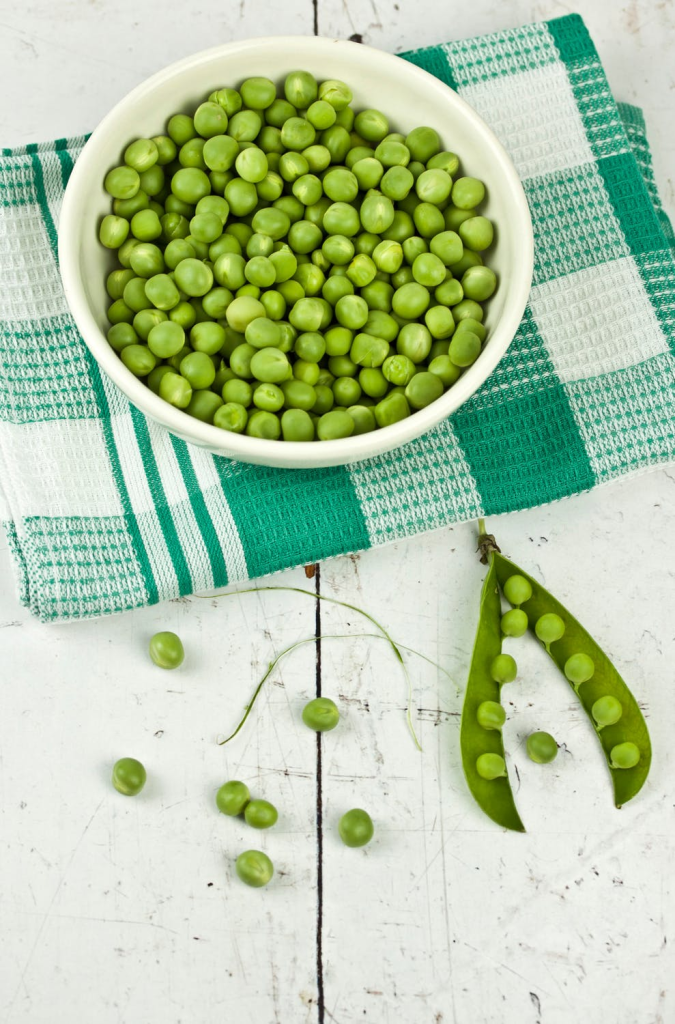
Pea protein is becoming more and more popular as a source of protein for vegans and vegetarians! A cup of peas has 9 grams of protein! That’s about the same amount of protein that you’d get in a glass of milk.
Tofu, Tempeh and Edamame
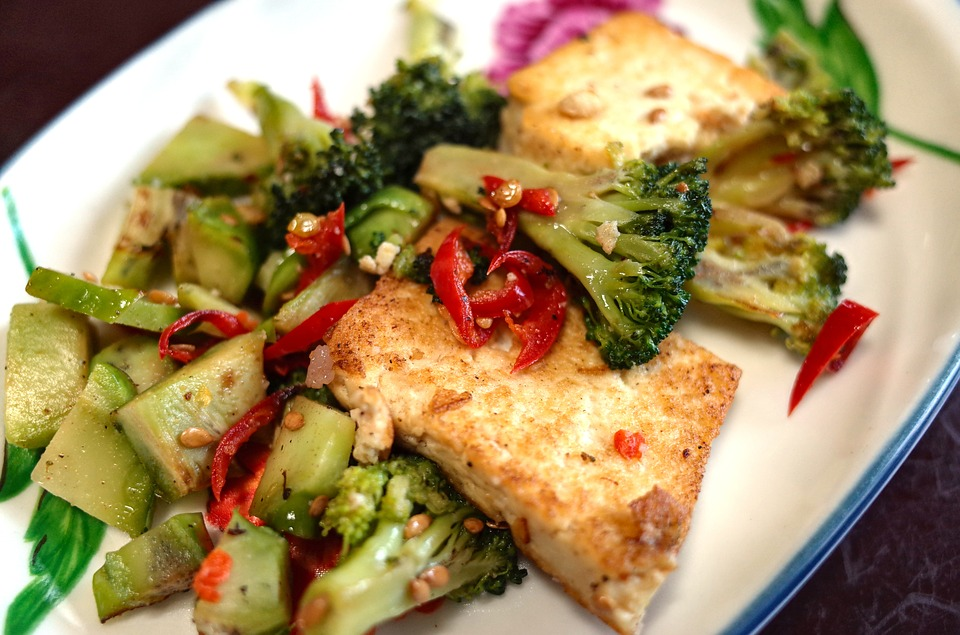
Derived from soybeans, tofu, tempeh and edamame are delicious sources of protein! No matter which way you choose to eat the versatile soybean, you’ll get 10-19 grams of protein per 3.5 ounces!
Lentils
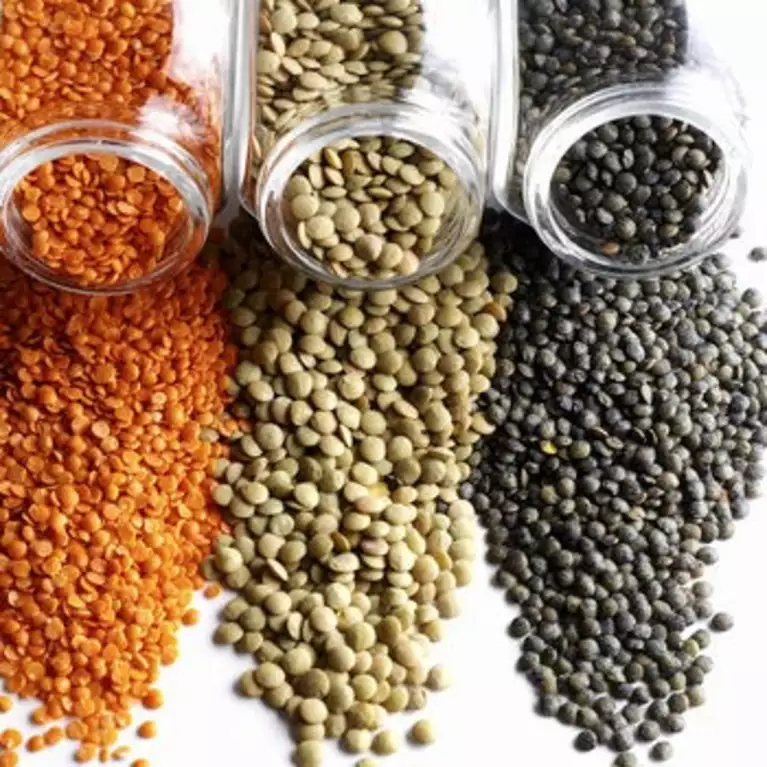
Image Courtesy of Mindbodygreen
Here’s one more reason that vegans and vegetarians should add lentils to their diet: lentils have an impressive 18 grams of protein per cup! Lentils also contain nearly half the daily recommended value of fiber. Lentils are a healthy slow digesting carb, that can reduce the risk of diabetes, certain types of cancer, excess body weight and heart disease.

